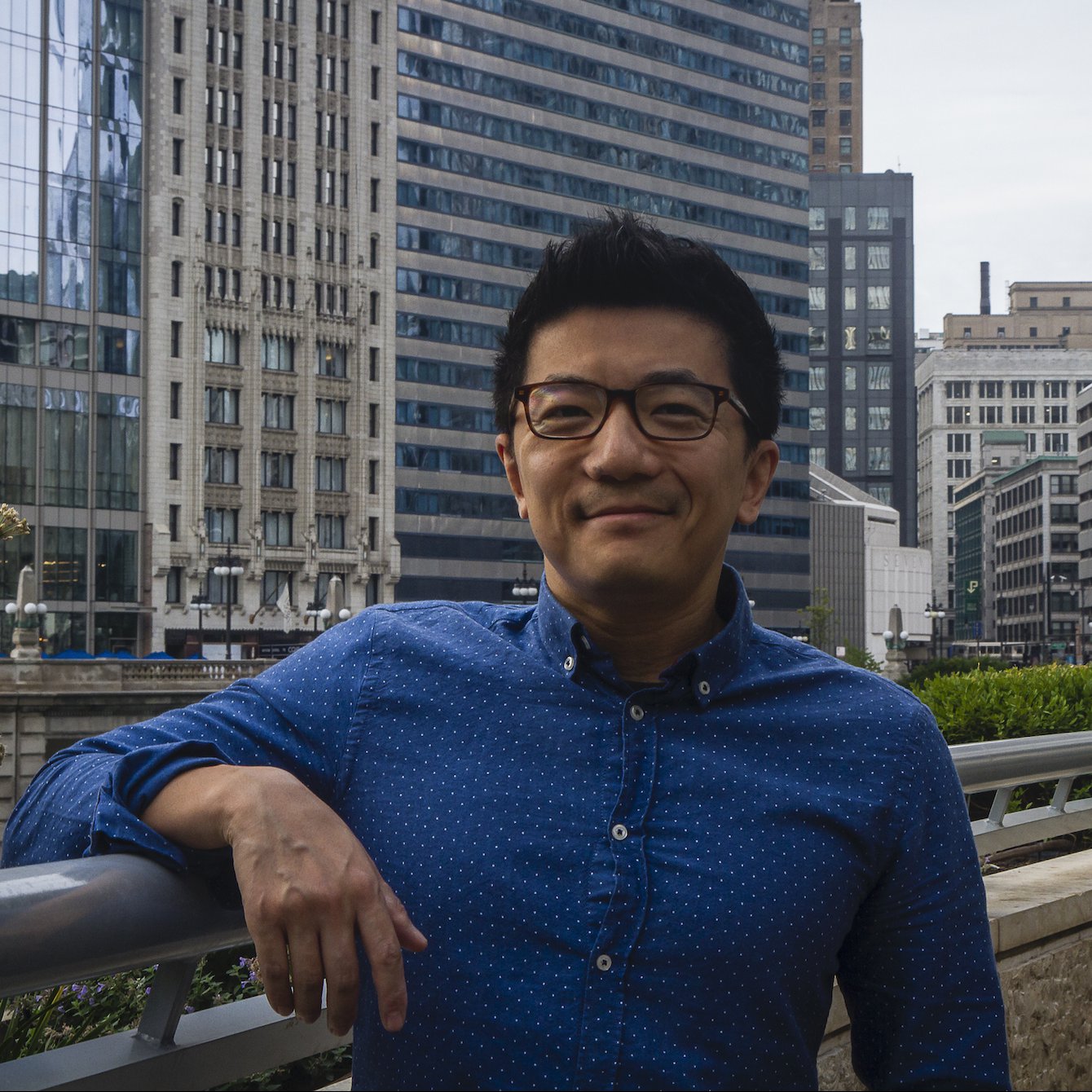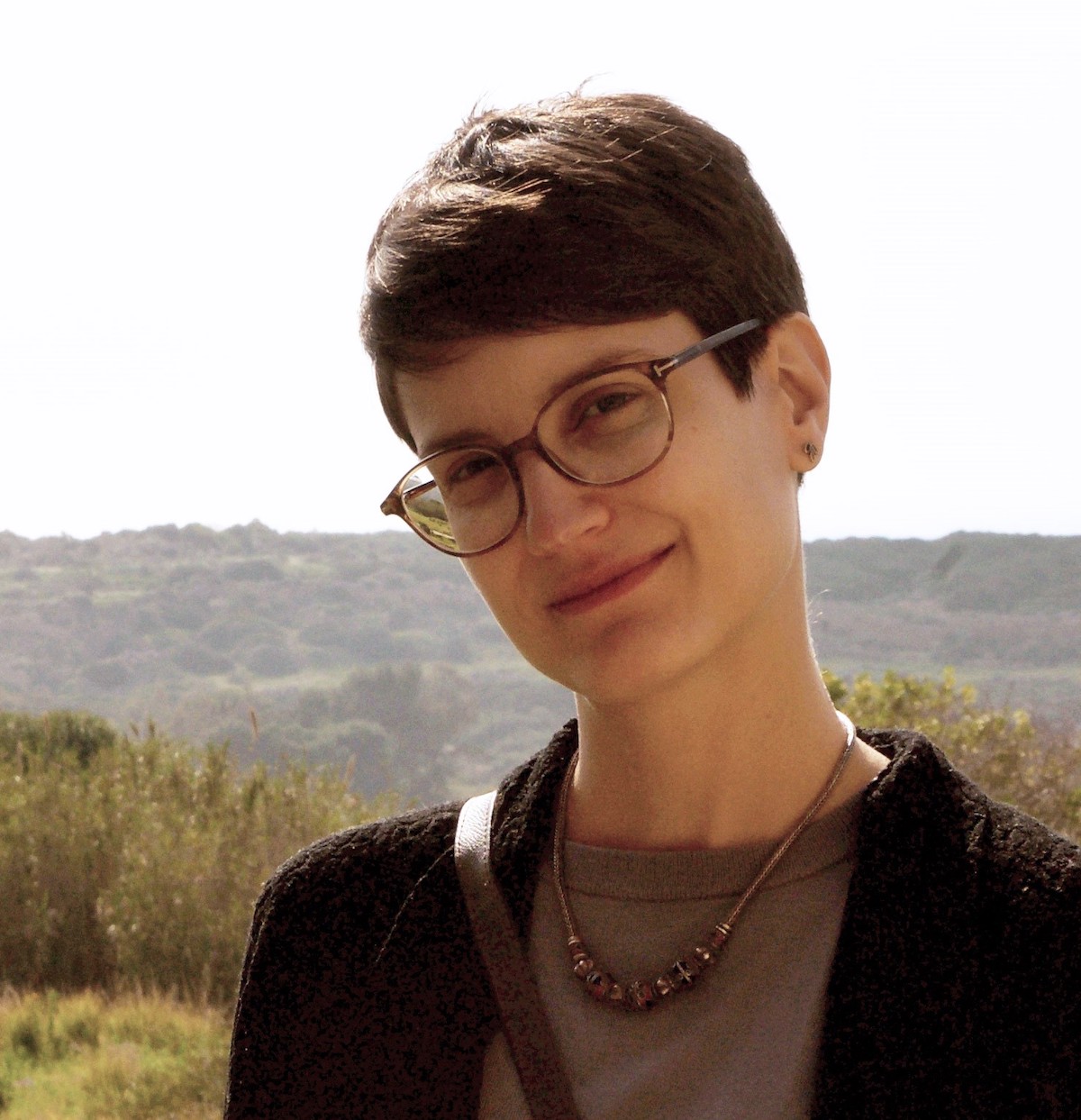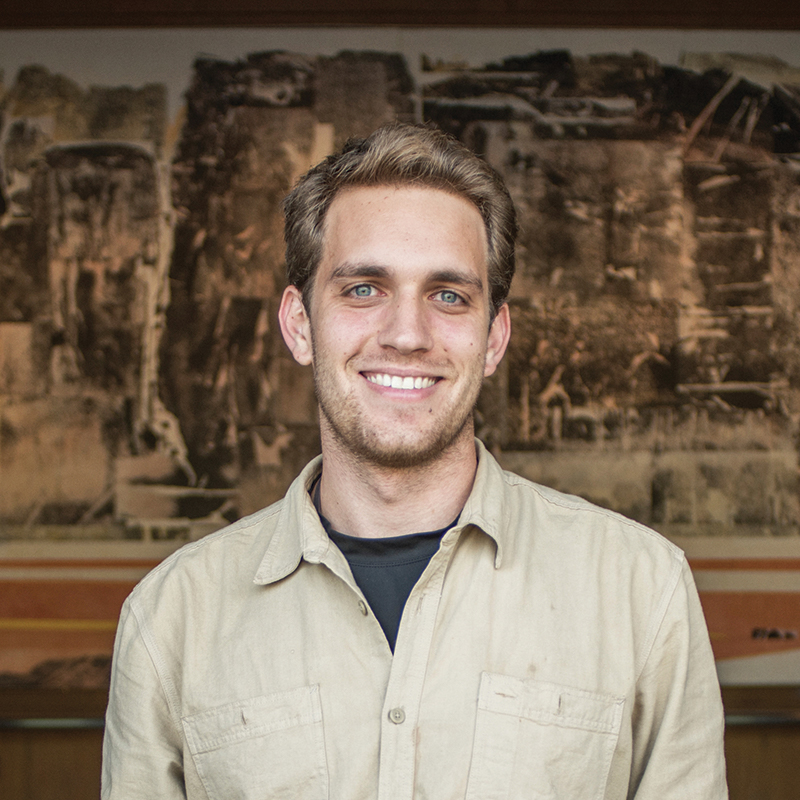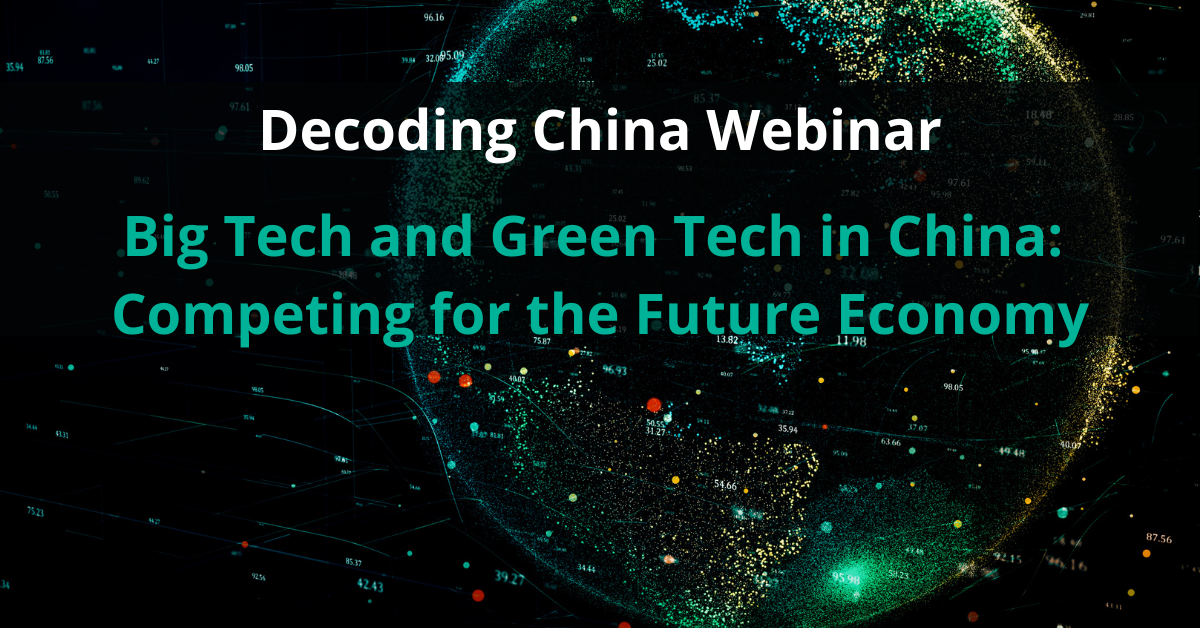The next decade of economic statecraft will revolve around competition in green and emerging technologies: AI, batteries, chips, solar panels, and electric and autonomous vehicles. Like all major economies, China wants leadership across every one of those domains. Whether China can get there, and in a reasonable amount of time, is an entirely different story. What is the state of play when it comes to aspiration vs. reality? Is Beijing seriously cracking down on big tech and going it alone on green tech supply chains?
PI addressed these questions and more as part of the Decoding China series. On Tuesday, March 30, Ilaria Mazzocco and Matt Sheehan, energy and tech leads at the Paulson Institute’s think tank MacroPolo, along with director Damien Ma tackled where China is today and where it intends to go in the two areas that will shape its economy: technology and energy, and the linkage between the two.

Damien Ma
Director, MacroPolo
 @damienics
@damienics
Damien Ma is Director of the Think Tank at the Paulson Institute, where he co-founded MacroPolo. He is the author or editor of the books, In Line Behind a Billion People: How Scarcity Will Define China’s Ascent in the Next Decade. He is the editor of The Economics of Air Pollution in China (by Ma Jun). He currently also serves as adjunct faculty at the Kellogg School of Management at Northwestern University.

Ilaria Mazzocco
Senior Research Associate, MacroPolo
 @mazzocco_ilaria
@mazzocco_ilaria
Ilaria Mazzocco is a Senior Research Associate at the Think Tank of the Paulson Institute, where she focuses on China’s energy landscape, industrial policy, and where those intersect with environmental policy. She holds a Ph.D. from the Johns Hopkins School of Advanced International Studies (SAIS).

Matt Sheehan
Fellow, MacroPolo
 @mattsheehan88
@mattsheehan88
Matt Sheehan is a Fellow at the Paulson Institute’s think tank, MacroPolo, where he leads work on U.S.-China technology issues, with a specialization in artificial intelligence. His research maps and quantifies the key inputs to AI ecosystems globally. Matt is the author of the book The Transpacific Experiment: How China and California Collaborate and Compete for our Future.




